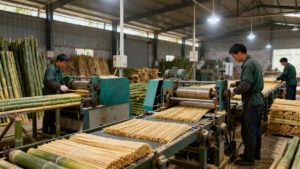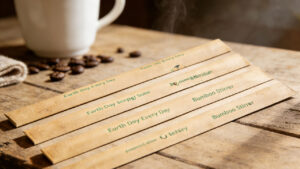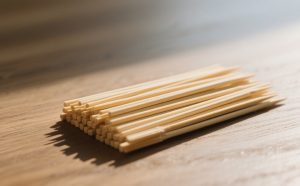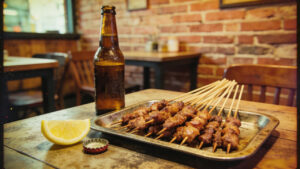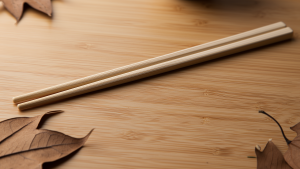Plastic stirrer bans in 48 countries create a $210M wooden alternative market - discover how this simple switch reduces landfill waste dramatically.
Wooden stirrers decompose completely in 90 days versus 500+ years for plastic, while FSC-certified birch options prevent deforestation - the EU alone avoids 18,000 metric tons of plastic waste annually through this switch.
 Let's examine what makes wooden stirrers both environmentally superior and operationally practical.
Let's examine what makes wooden stirrers both environmentally superior and operationally practical.
How Can Importers Ensure Eco-Friendliness When Sourcing Wooden Coffee Stirrers?
"Natural" claims often hide chemical treatments - these verification steps separate genuinely sustainable products from greenwashed ones. Authentic eco-friendly stirrers must show FSC/PEFC chain-of-custody certification, pass EN 13432 compostability tests (90% decomposition in 12 weeks), and use soy-based inks for any branding - avoiding chlorine-bleached woods.
Eco-Verification Checklist
| Verification Method | Passing Criteria | Common Pitfalls |
|---|---|---|
| Wood Source Audit | FSC-STD-40-004 compliance | Untraceable Russian birch |
| Biodegradation Test | ≤10% residue after 90 days | UV-resistant coatings |
| Chemical Analysis | <0.01% formaldehyde content | Mold inhibitors |
| Ink Safety | FDA 21CFR §175.300 compliance | Heavy metal pigments |
- Solid birch (Betula pendula) - not laminated woods
- Unbleached or hydrogen peroxide-whitened
- PEFC-certified adhesives (<0.5% VOC)
- Natural wood grain (no artificial staining)
What Certifications Should Disposable Wooden Coffee Stirrer Suppliers Have?
Starbucks' 2023 supplier suspension revealed rampant fake certifications - learn which documents actually ensure compliance. Legitimate suppliers provide valid FSC® C158990 chain-of-custody certificates, FDA Food Contact Notification (FCN) listings, and ISO 22000 food safety management systems - with third-party audit reports available onsite.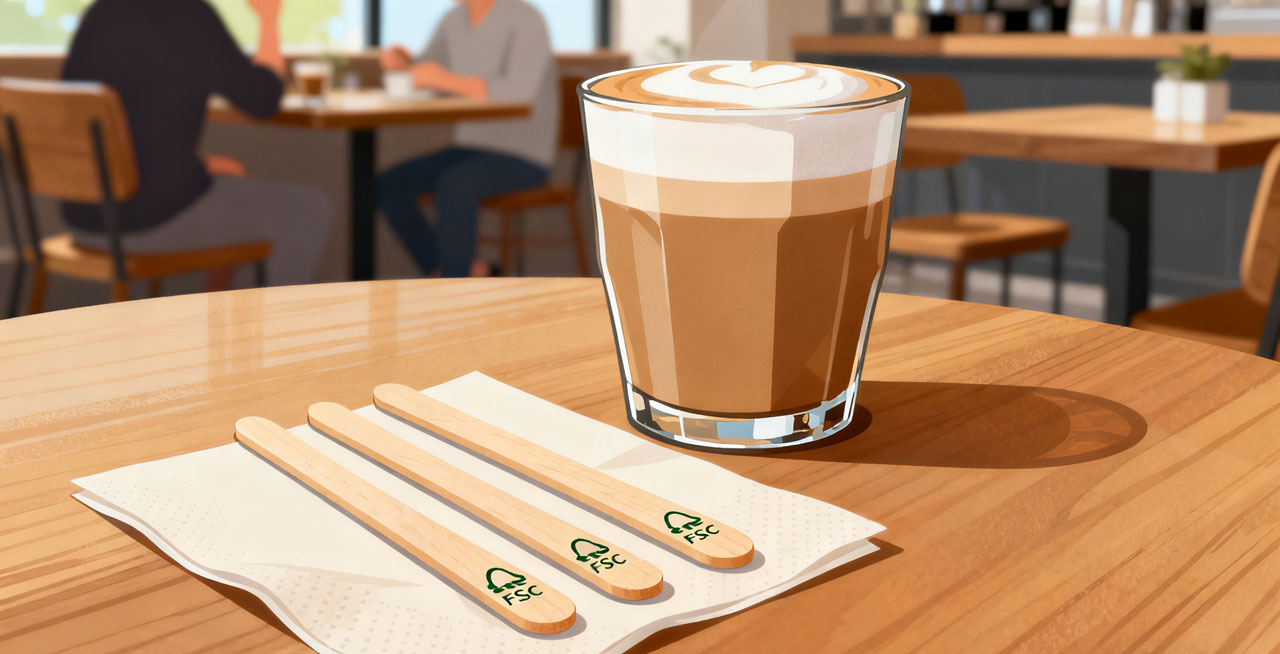
Certification Hierarchy Table
| Certification Level | Verification Documents | Purchase Threshold |
|---|---|---|
| Basic Compliance | FSC Controlled Wood Declaration | 50K units |
| Mid-Tier | ISO 9001 + FDA FCN Copy | 500K units |
| Premium | BRCGS AA + SMETA 4-Pillar | 1M+ units |
How Do Importers Balance Cost and Quality When Buying Disposable Wooden Stirrers?
The $0.001 price difference per stirrer impacts $25K container shipments—discover strategic sourcing approaches top coffee chains use. Smart importers blend Northeast Chinese birch sources ($0.0085/stick) with Vietnamese processing ($0.0042 labor), achieving $0.0127 ASP while maintaining ISO 22000 standards - a 23% savings versus European-made.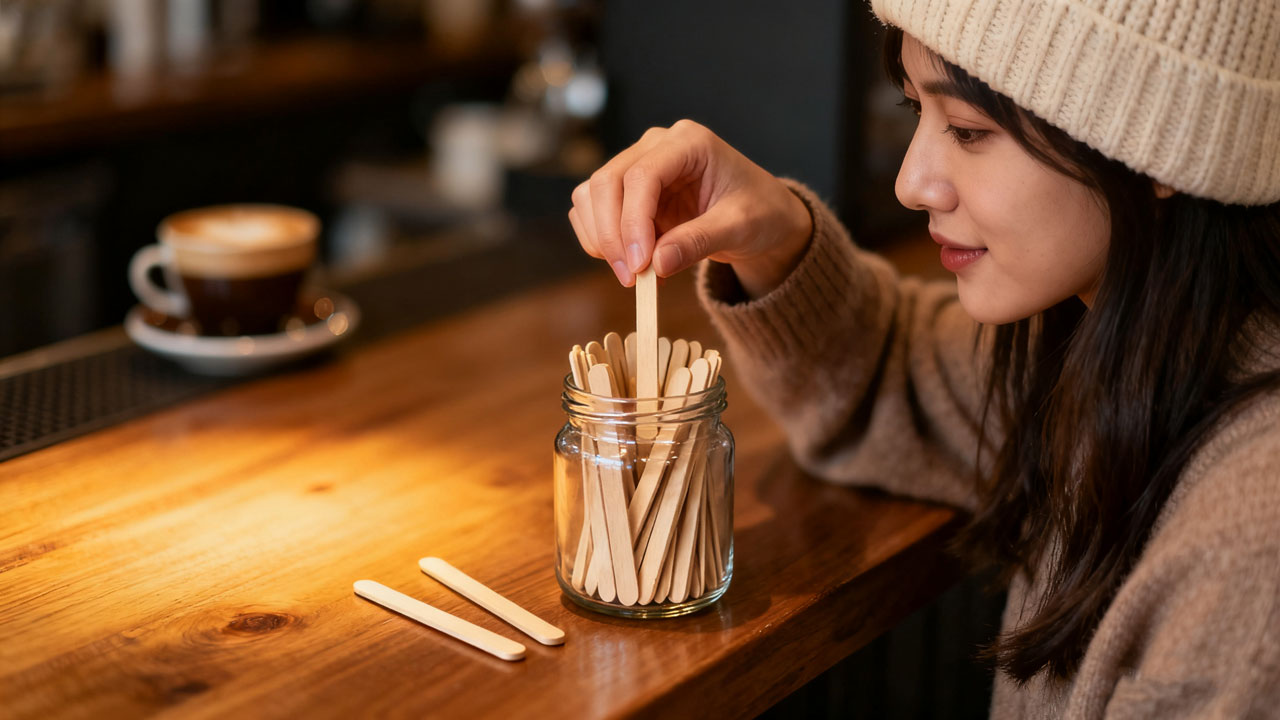
Cost Structure Analysis (Per Million Units)
| Cost Component | Chinese Sourcing | European Sourcing |
|---|---|---|
| Raw Material | $6,200 | $9,800 |
| Processing | $3,500 | $11,200 |
| Certification | $800 | $1,500 |
| Packaging | $1,200 | $1,300 |
| Logistics | $1,800 | $900 |
| Total | $13,500 | $24,700 |
- Multi-head optical sorting for defect removal
- Moisture-controlled packaging (<0.5% variance)
- AQL 2.5 inspection sampling
- PEFC-certified pallets only
- CO2-neutral shipping options



